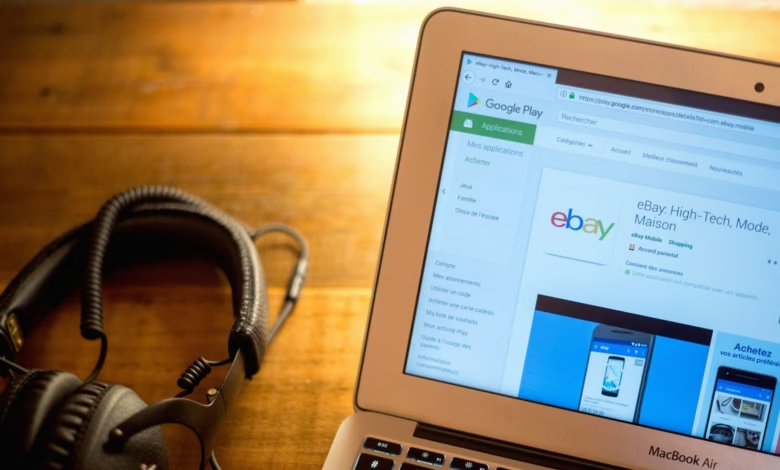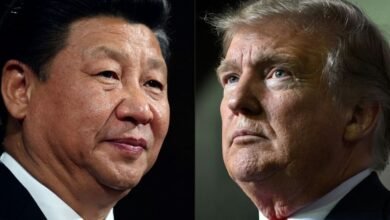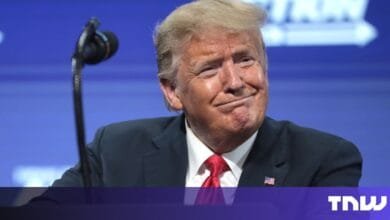eBay and Vestiaire Fight for Trump Tariff Exemption

▼ Summary
– Suzanne Smith-Darley faced an unexpected $142 tariff fee for a used Chanel handbag she bought from Japan, highlighting how Trump’s tariffs now apply to used goods.
– Online marketplaces like eBay and Vestiaire Collective are lobbying for exemptions on tariffs for used items, arguing they support sustainable, circular economies.
– The White House is unlikely to exempt used goods from tariffs due to concerns about enforcement challenges and potential fraud.
– Historians note tariffs on used goods are not new, but Trump’s expanded scope and higher rates have sparked debate over their necessity and impact.
– Advocates argue reusing items, even across borders, benefits the environment and should be encouraged through lower tariffs or exemptions.
Shoppers hunting for vintage treasures and secondhand bargains are facing an unexpected hurdle: steep tariffs on used goods imported from abroad. What began as a cost-saving strategy for consumers like Suzanne Smith-Darley, who scored a $800 Chanel handbag from Japan, quickly turned sour when a $142 customs bill arrived. Her frustration echoes a growing backlash against import duties that now apply even to pre-owned items, catching many buyers off guard.
Major online resale platforms, including eBay and Vestiaire Collective, are pushing for exemptions, arguing that tariffs on used goods undermine the circular economy. Rachel Kibbe of American Circular Textiles, a coalition advocating for sustainable fashion, emphasizes that secondhand trade deserves special consideration. “We’re not just reselling clothes, we’re reducing waste,” she says. Yet insiders suggest the White House remains unmoved, wary of loopholes that could let importers disguise new products as used.
Historians point out that tariffs on pre-owned goods aren’t new, medieval traders faced similar levies. But Trump’s aggressive trade policies have expanded tariffs to unprecedented levels, sparking debates about their effectiveness. While duties on new imports might theoretically boost domestic manufacturing, critics question the logic of taxing used items destined for reuse rather than landfills. “There’s no clear economic benefit to penalizing secondhand trade,” notes trade historian Andrew Wender Cohen. He suggests reduced rates for used goods could strike a fairer balance.
For niche markets like vintage fashion or collectibles, overseas sourcing is often the only option. Platforms like eBay report surging interest in pre-owned cameras and luxury bags as buyers race to beat tariff deadlines. Globally, refurbished and “pre-loved” items account for nearly 40% of eBay’s sales, highlighting the booming demand for sustainable alternatives. Advocates like Liisa Jokinen of vintage app Gem argue that policies should incentivize reuse: “Every secondhand purchase keeps usable goods out of landfills.”
As the debate continues, consumers and sellers alike are left navigating a patchwork of fees that complicate the appeal of buying used. For now, bargain hunters may need to factor tariffs into their budgets, or hope for a policy shift that recognizes the unique role of secondhand commerce in a greener economy.
(Source: Wired)



